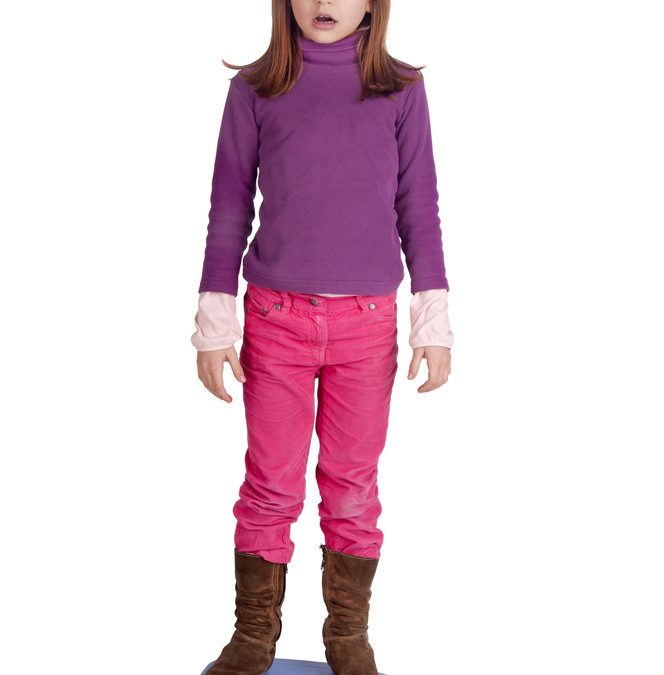When was the last time you complemented yourself in front of your small beings?
I ask because small beings are listening to every single thing that you say, even when you think they’re not.
Someone recently wrote to me: “My six-year-old thinks she’s fat. What should I do?”
Yes, the media promotes negative body messages. Yes, society has an obsession about body weight.
And yes, your small being might be parroting things that you say about yourself.
Small beings are simply sponges. Your words, actions, habits, and behavior have a huge impact on your small being. He may imitate you or have a more subtle reaction.
So, when your 6-year-old starts saying she’s fat, ugly, or needs to diet, the first place to look is your own behavior.
Are you constantly dieting? Do you comment on other people’s appearance in a negative way? Do you point out a beautiful outfit on a woman who is a size 14?
Our small beings don’t know where the line is between fat and thin. Honestly, do you? Is there an exact number where your body goes from fat to thin? Probably not.
The best thing to do is to talk about your body in a positive way. Now, you might not believe what you’re saying, but, for your small being’s sake, slant your comments in this direction.
Also, if you do something healthy for yourself, then point out that you’re doing it because it feels good rather than to lose weight. Again, you may not truly feel this way, but your small being will view healthy behavior in a different way. Exercising and eating healthy then become ways to feel good, rather than a means to look “better.”
These are simple steps to prevent your seemingly inconsequential comments from creating significant negative behavior patterns in the future. Changing your comments could prevent your small being from becoming a medium being with an eating disorder or obsession with appearance. What a gift to give them!
Insight into Action!
Parents: What is one eating or exercise practice which you can shift your attitude towards to be health-focused rather than appearance-focused?
Teachers: What kind of conversations or comments about weight do you hear in your classroom? Do you mind sharing a specific example?
Dr. Marcie is a behavior specialist based in Brooklyn. She has worked with thousands of families over 15 years and has condensed her observations into her practice and programs. Visit her website at www.BehaviorAndBeyond.net.

